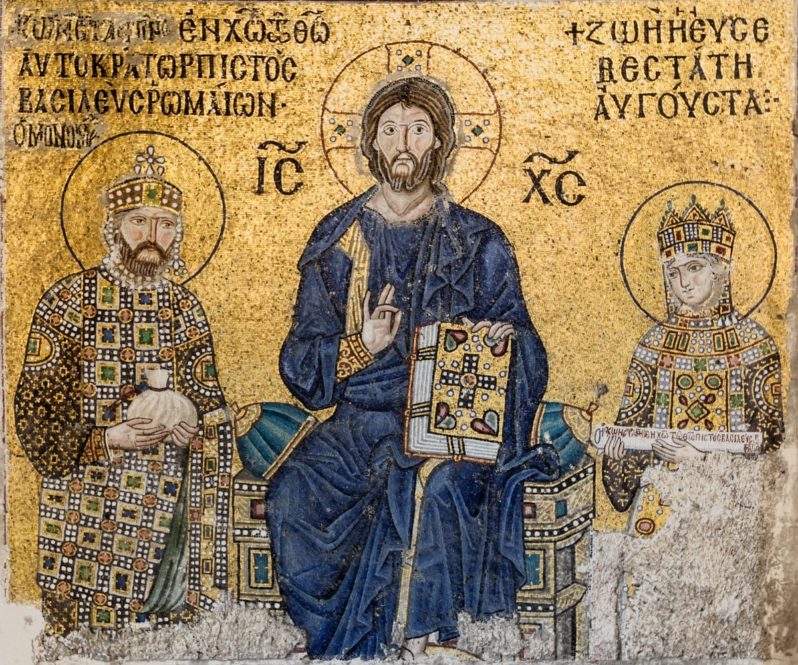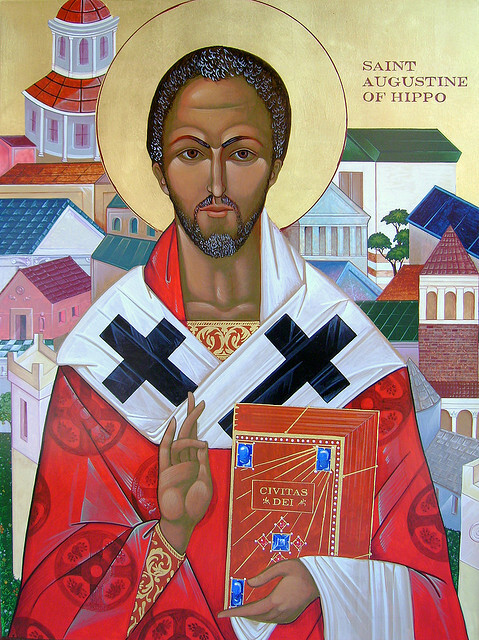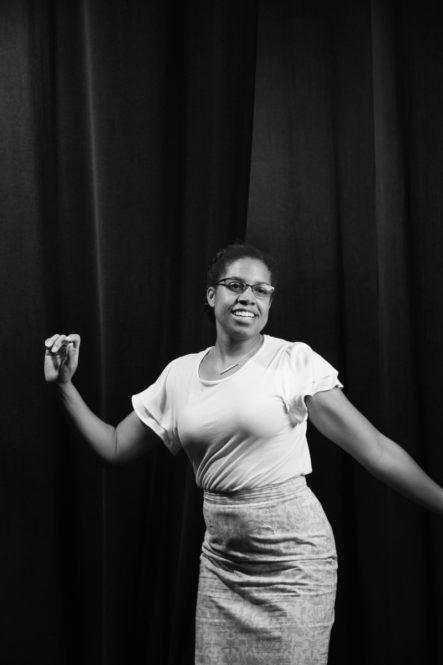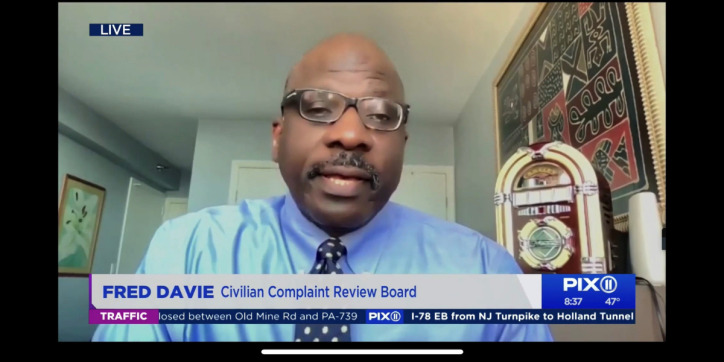What Can Love Do?
February 14, 2022

It’s hard to pin exactly how and why. I grew up with both the notion of Jesus Pantocrator – all-mighty and all-powerful, with the visage of an authoritative judge – alongside the notion of God as Love. Sometimes the Pantocrator peered down sternly from European-inspired mosaic ceilings. Other times his sharp eyes pierced from a Coptic iconostasis through the wafting incense of a high church mass. Whether above in European style, or across in Arab/Ethiopian/Egyptian, the gaze penetrated. It frightened. It didn’t feel like love.
Share
Related Articles
American Civic Life
American Civic Life
American Civic Life
We Commemorate, We Commit: Out of Catastrophe, a Conversation on Connection and Repair

The Christ Pantocrator of the Deesis mosaic (13th-century) in Hagia Sophia (Istanbul, Turkey) / Wikimedia Commons
Then there were the stories, taken from words attributed to Jesus, in the Bible. Jesus the Good Shepherd, in love with each of the sheep. So much so that he would leave searching tirelessly for the one lost and would lay down his life for them (Matthew 18:12-24; John 10:11-18). More loving still, at least for me, Jesus as Mother (Matthew 23:37 and Luke 13:34), expressly taking feminine form, outpouring her love for her community, for her people, her Jerusalem. “O Jerusalem, Jerusalem…how often I have longed to gather your children together, as a hen gathers her chicks under her wings.” Long have I longed for you, beloved. It always struck me that so many churches take Good Shepherd for their chosen name, but I’ve never found one Mother Hen.
Growing up Coptic Orthodox, I also got a good dose of St. Augustine. That longing in the words of Jesus stirs in me the overflowing love poetry of the Song of Songs, and this famous excerpt from Augustine of Hippo’s Confessions gasping, panting, hungering, thirsting, burning for Love.

Image from BAME Anglican.
Late have I loved you, Beauty so ancient and so new, late have I loved you!
Lo, you were within,
but I outside, seeking there for you,
and upon the shapely things you have made
I rushed headlong – I, misshapen.
You were with me, but I was not with you.
They held me back far from you,
those things which would have no being,
were they not in you.
You called, shouted, broke through my deafness;
you flared, blazed, banished my blindness;
you lavished your fragrance, I gasped; and now I pant for you;
I tasted you, and now I hunger and thirst;
you touched me, and I burned for your peace.
I have but one upbringing, and it happens to be Christian, heavily Orthodox with infusions of Catholicism. Yet the basic theme runs through many of our traditions: What are the demands of justice, judgment even, from an authority, divine or human? What is the call of encompassing compassion, longsuffering, and unconditional? What is the balance of Love and Justice?

The Movement of Joy photographed by Mustafa Hussain
This week, we are awash in cultural signals of Valentine’s Day love. A pallid, commercialized, ineffectual notion. A featherweight that tickles romantic fancies but is not the force of social renewal we long for. To be clear, the tickling of romantic fancies is a part of human life – there’s nothing I find objectionable in that. But it’s not the notion that the first epistle of John has in mind by, “God is Love” (1 John: 4:8).
We would do well to remember the love-based activism that fueled interfaith movements for racial healing and still does. Eboo reminds us of that legacy.
We would do well to integrate joyous self-love. The kind that radically embraces and accepts ourselves and moves us to dance. That too, as Naila Ansari shows us, blooms even through struggle and pain. In her case the affirmation of life despite forces that would dehumanize her womanhood and denigrate her blackness.
We would do well to remember that love creates a world in which everyone belongs. The interfaith America we are building is a diverse democracy for everyone. But that America we create together doesn’t paper over accountability for wrongdoing. Fred Davie’s service in New York’s Civilian Complaint Review Board is a moving example of loving one’s neighbor while also holding police accountable when accountability is called for. All while affirming that officers are our neighbors too.

Happy Valentine’s Day. May it be a celebration of all that is good in the many variations of love, and may it also in its own way replenish for the long haul and community renewal.



